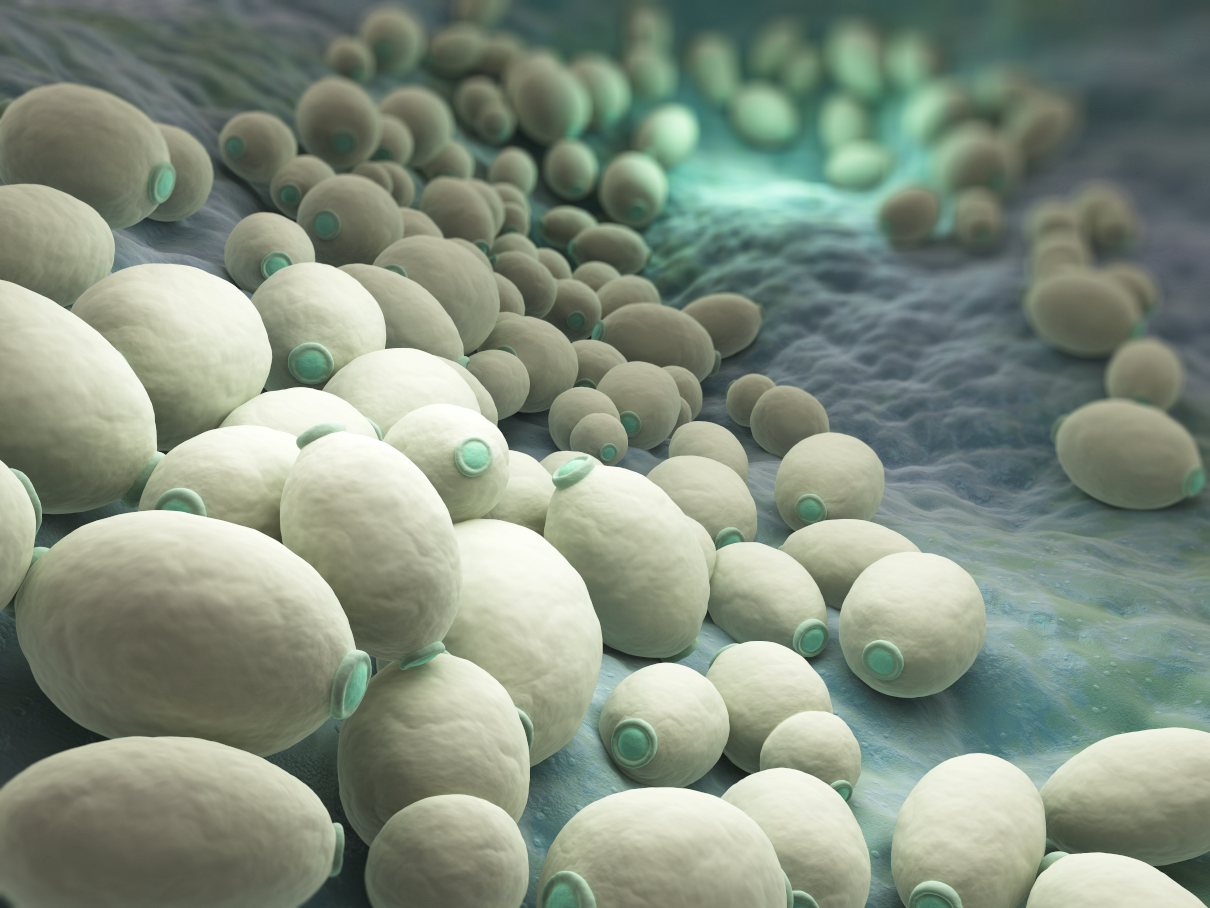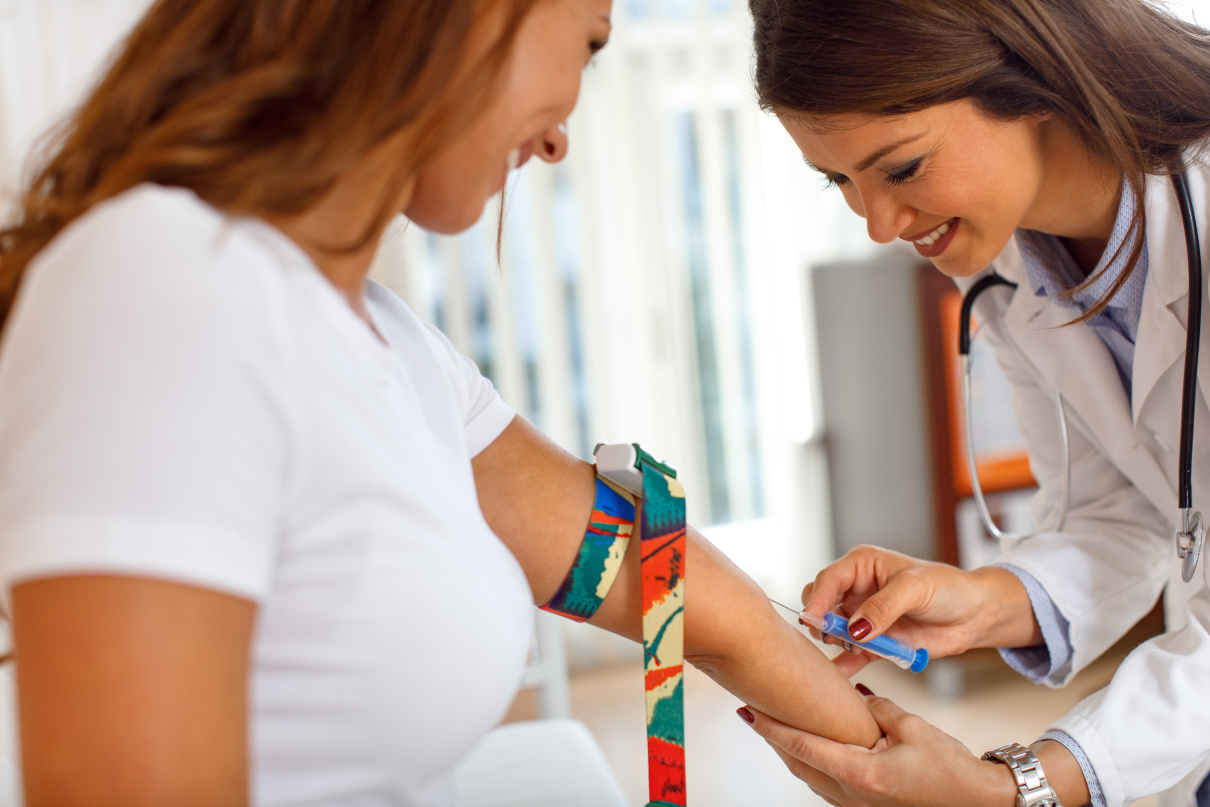
Scientists at Tyumen State University have discovered a universal natural antibiotic, emericillipsin-a, that overcomes pathogens’ resistance to drugs. The discovery authors report it in an Applied Biochemistry and Microbiology study.
As noted in the article by Tyumen scientists, one of the pharmacology tasks today is to search for natural antibiotics that can fight microorganisms with multi-drug-resistant (MDR) or absolute (extreme-drug-resistant, XDR) resistance to antibiotics available on the market.

One colonic irrigation session including consultation
Colon irrigation and comprehensive consultation with a professional colon hydrotherapist registered with RICTAT and ARCH at the Parkland Clinic in Holborn. We use a closed system only—London’s best colonic hydrotherapy deal.
For the first time in the world, researchers from Tyumen State University demonstrated the unique ability of the peptide emericillipsin-A, isolated from the alkalophilic mycelial fungus Emericellopsis alkalina. According to experts, the substance also inhibits bacteria’s ability to form biofilms, thus destroying their resistance to antibiotics.
The primary therapeutic feature of the studied substance is the versatility of the effect. In short, MDR and XDR forms of bacteria are defenceless against emericillipsin-A. Moreover, it defeats practically any pathogenic eukaryotes, for example, mycelial fungi and yeast.
“Emericillipsin-A acts on eukaryotes as well as prokaryotes through different molecular mechanisms. Eukaryotes – fungi and tumour cells – die due to the peptide’s destruction of their cell membrane. Further, prevention of biofilms formation suppresses the virulence of prokaryotes,” – Evgeny Rogozhin, a senior researcher at the X-BIO laboratory of antimicrobial resistance at the TSU, said.

Food intolerance test of 208 ingredients
This is our most comprehensive food and drink test. It analyses your client’s IgG antibody reactions to 208 food and drink ingredients. This test will highlight their food triggers and help you formulate an IgG-guided elimination diet together.
This natural antibiotic will allow fighting tumours
As noted by the study’s authors, tumours are among the pathologies that emericillipsin-A will allow to fight. Besides, it will defeat all kinds of bacterial and fungal infections.
Emericillipsin-A is promising as an independent therapeutic agent and an element of elaborate preparations. Therapy can be performed either by injection or topically by directly treating the affected tissue.
Institute of Bioorganic Chemistry. M.M. Shemyakin and Yu.A. Ovchinnikov RAS conducted the study in close collaboration with colleagues from the V.I. G.F. Gause, Central Research Institute of Epidemiology of Rospotrebnadzor.
The future team of scientists intends to move from working with cellular models to laboratory drug testing.
The Ministry of Health warned that the unlimited prescription of antibiotics could soon lead to the failure of existing antibacterial drugs.

Alkalising colonic irrigation with sodium bicarbonate
Safe and effective colon hydrotherapy includes an initial consultation. Consequently, sodium bicarbonate delivered to the colon through hydrotherapy can kill off candida.











